Notes
- ↑ "Lyttelton Election". Press. Vol. XII, no. 1450. 2 July 1867. p. 2. Retrieved 21 November 2019.
| | This New Zealand election-related article is a stub. You can help Wikipedia by expanding it. |
The 1867 Lyttelton by-election was a by-election held on 1 July 1867 during the 4th New Zealand Parliament in the Canterbury electorate of Lyttelton.
The by-election was caused by the resignation of the incumbent MP Edward Hargreaves.
The by-election was won by George Macfarlan. Another candidate—George Agar—was proposed, but did not find a seconder, hence Macfarlan was declared elected. [1]

William Sefton Moorhouse was a British-born New Zealand politician. He was the second Superintendent of Canterbury Province.
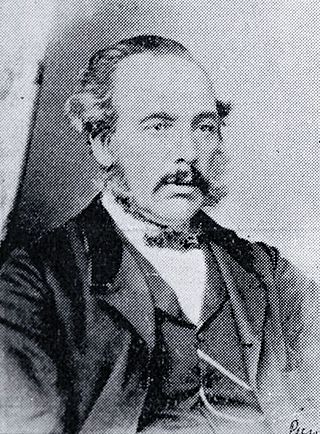
Isaac Luck was a New Zealand architect. A professional builder, he arrived in Lyttelton on the Steadfast in 1851. He was the third chairman of the Christchurch Town Council. He was the brother-in-law of and in partnership with Benjamin Mountfort, and was the less well-known architectural partner for the design of the Canterbury Provincial Council Buildings.
Ian Macfarlan was an Australian politician who served as the deputy leader of the Victorian Liberal Party in 1945. He was briefly commissioned as the 35th Premier of Victoria by the Governor and formed a government which brought about the end of the Dunstan ministry.
The following lists events that happened during 1859 in New Zealand.
Lyttelton is a former New Zealand parliamentary electorate. It existed from 1853 to 1890, and again from 1893 to 1996, when it was replaced by the Banks Peninsula electorate.
Christchurch was a parliamentary electorate in Christchurch, New Zealand. It existed three times. Originally it was the Town of Christchurch from 1853 to 1860. From the 1860–1861 election to the 1871 election, it existed as City of Christchurch. It then existed from the 1875–1876 election until the 1881 election. The last period was from the 1890 election to the 1905 election. Since the 1946 election, a similarly named electorate called Christchurch Central has been in existence.
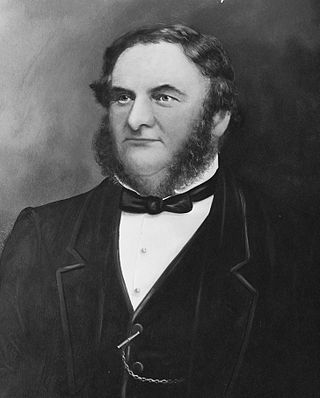
William Barbour Wilson, also known as Cabbage Wilson, was the first Mayor of Christchurch in New Zealand in 1868. A nurseryman by profession, he had large landholdings in Christchurch. His reputation was dented by a fraud conviction, and when he was subsequently elected onto the city council once more, five councillors resigned in protest.

Edward Brenchley Bishop was the fourth chairman of the Christchurch Town Council, and seven years later the sixth Mayor of Christchurch in 1872–1873. Born in Maidstone, Kent to a wealthy family, his family lived in Belgium during his childhood. He took his father's profession as a distiller and worked in London for 21 years. His sister Susannah emigrated to New Zealand in 1849 and in the following year, many Bishop siblings followed her on the Charlotte Jane, one of the First Four Ships of organised settlement of Canterbury. With his brother Frederick, he had a large farm just south of Christchurch, and the suburb of Somerfield continues to use their farm's name. The brothers were spirit merchants in the city.

John George Ruddenklau JP was Mayor of Christchurch from December 1881 to December 1883. A baker from Germany, he was later the proprietor of the City Hotel. He was very active with a number of organisations, founded the German Benefit Association, and was the driving force behind the establishment of the German Church.
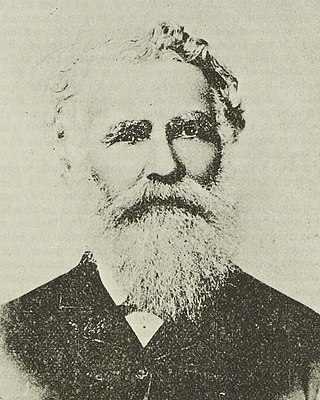
William Prudhoe was Mayor of Christchurch, New Zealand, for 1892.
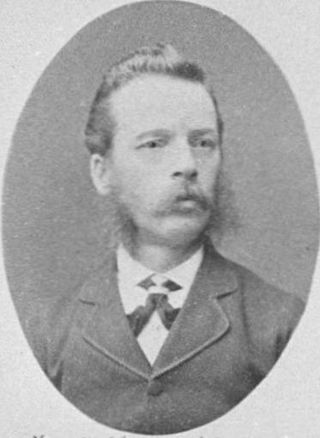
Harry Allwright was a 19th-century Member of Parliament in Canterbury, New Zealand. A painter and glazier by trade, he came out with his parents and siblings in the Cressy in 1850, one of the First Four Ships. He took over his father's company in 1859 and became involved in local politics. He first became Mayor of Lyttelton in 1870 and was re-elected seven times. In the 1879 New Zealand general election, he defeated the incumbent and represented the Lyttelton electorate for three parliamentary terms until his own defeat in 1887. He died in 1892.
Edward Allan Hargreaves was a 19th-century Member of Parliament in Canterbury, New Zealand.
The 4th New Zealand Parliament was a term of the Parliament of New Zealand.
The New Zealand Constitution Act 1852 authorised the General Assembly to establish new electoral districts and to alter the boundaries of, or abolish, existing districts whenever this was deemed necessary. The rapid growth of New Zealand's European population in the early years of representative government meant changes to electoral districts were implemented frequently, both at general elections, and on four occasions as supplementary elections within the lifetime of a parliament.
George Macfarlan was a New Zealand Member of Parliament representing the Lyttelton electorate.

Joseph Brittan was a New Zealand surgeon, newspaper editor, and provincial councillor, was one of the dominant figures in early Christchurch. Born into a middle-class family in southern England, he followed his younger brother Guise Brittan to Christchurch, where he and his wife arrived in February 1852 with four children. Joseph Brittan soon got involved in the usual activities of early settlers and gained prominence in doing so. He had bought 100 acres on 10 July 1851 and took up 50 of this to the east of Christchurch that he converted to farmland. There, he built the family residence, and the suburb of Linwood was subsequently named after Brittan's farm and homestead of Linwood House.
The 1867 Avon by-election was a by-election held on 11 March 1867 during the 4th New Zealand Parliament in the Christchurch electorate of Avon.
The 1868 Lyttelton by-election was a by-election held on 2 November 1868 during the 4th New Zealand Parliament in the Canterbury electorate of Lyttelton.
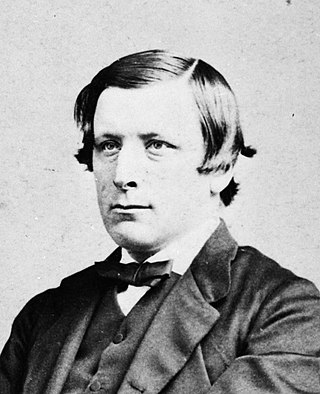
The 1868 Avon by-election was a by-election held on 8 June during the 4th New Zealand Parliament in the Christchurch electorate of Avon.
George Arthur Emilius Ross was a New Zealand farmer and provincial politician. A cultured and well-educated man, he suffered a breakdown while at Oxford University and relocated to Christchurch for health reasons before he finished his degree. After a short period as a cadet to learn the basics of sheep farming, he became a major land owner. He was an elected member of the Canterbury Provincial Council for the rural Rakaia electorate and was on the Canterbury Provincial Executive Council on a number of occasions including nearly two years as provincial treasurer. Well-liked as an individual, he was chaotic as a businessman and went bankrupt after a harsh winter in 1867 that caused great loss of stock. He suffered a mental breakdown and disappeared from public life thereafter, with his young wife, Sibella, sustaining the family by running a school that her parents had financed for them. Ross died young aged 48 and his wife outlived him by five decades, bringing up a family of eight children by herself. The West Coast town of Ross was named after him during his lifetime.